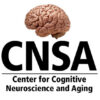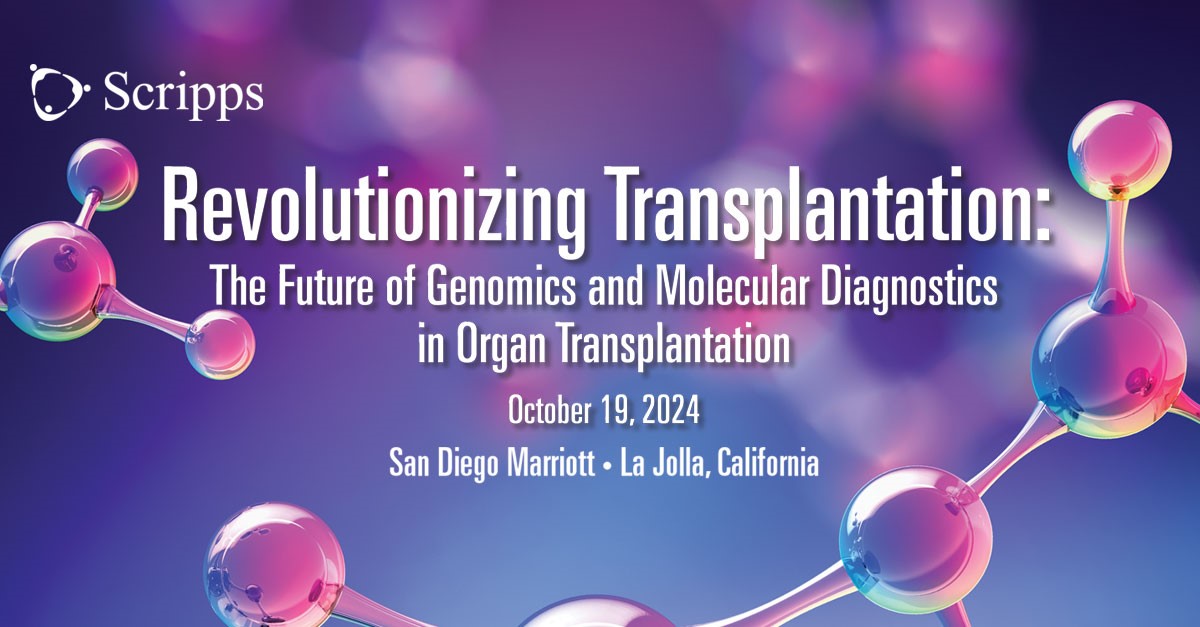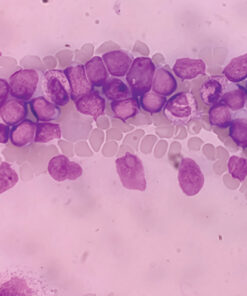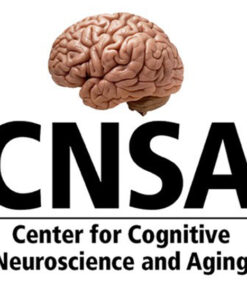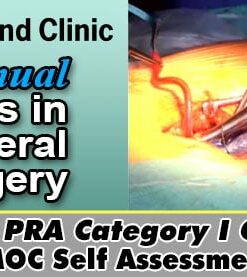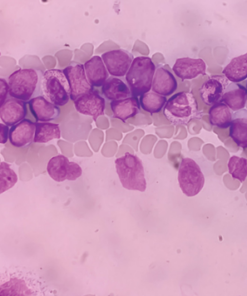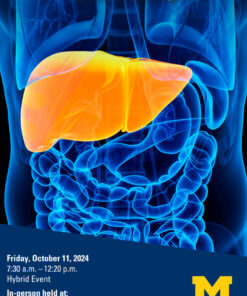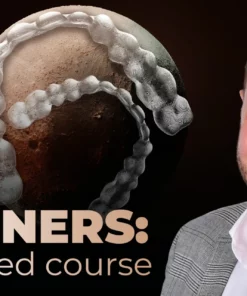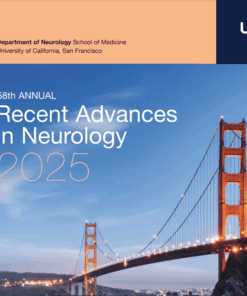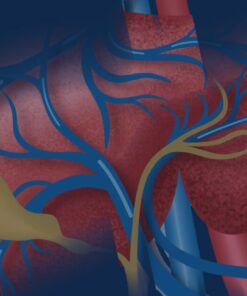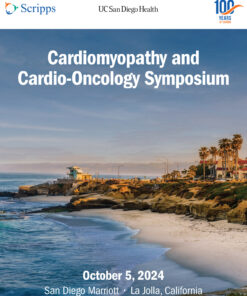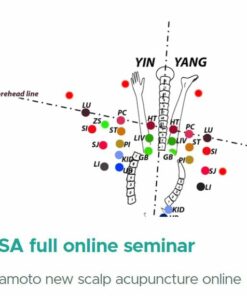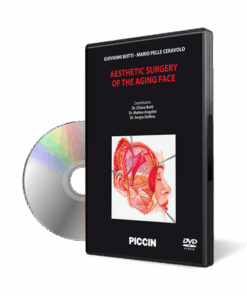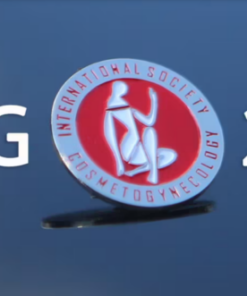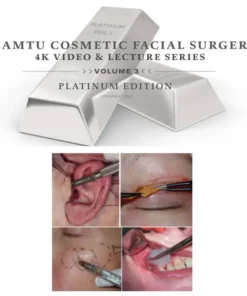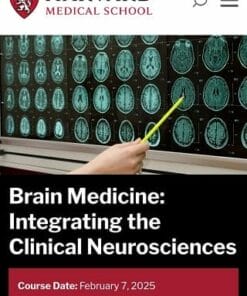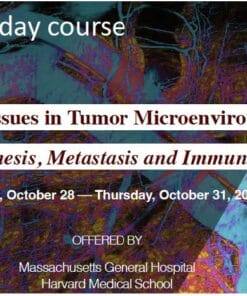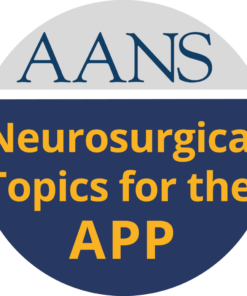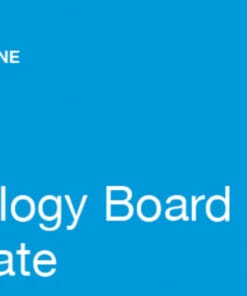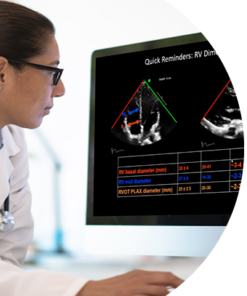Scripps Revolutionizing Transplantation The Future of Genomics and Molecular Diagnostics in Organ Transplantation 2024
50 $
Delivery time: Maximum to 1 hours
Format : 16 videos + 1 pdf
File size: 2.96 GB
Advances in genomics and diagnostics are reshaping organ transplantation, promising improved patient outcomes. Current progress includes better immunosuppression, enhanced graft monitoring, and refined HLA typing for precise matches. However, new methods that spotlight viral surveillance and antibody monitoring, like donor-derived cell-free DNA analysis, are driving a transformative shift in transplant medicine. Looking to the future, precision medicine brings the promise of tailored treatments to reduce rejection and optimize grafts, integrating biomarkers with AI for a personalized approach. Innovations in multi-organ preservation, regenerative medicine, and xenotransplantation are also emerging. This conference will gather experts to discuss these advancements, offering insights into the current and future state of genomics in transplantation.
Educational Objectives
After attending this live activity, participants should be able to:
• Explore the transformative potential of genomics and diagnostics in multi-organ transplantation, focusing on the role of advanced techniques in tailoring immunosuppression management to individual patient needs for improved outcomes.
• Leverage genomic and diagnostic tools for precision medicine in transplantation to improve graft surveillance, detect complications early, and tailor treatments that minimize rejection, mitigate immunosuppression risks, and ensure optimal graft function and patient health.
• Evaluate the evolving landscape of genomics and diagnostics in transplantation to update practices and technologies and apply these insights to enhance patient care and outcomes in everyday clinical practice.
• Familiarize themselves with advanced organ preservation techniques, including perfusion and preservation methods, aimed at enhancing the viability of donated organs and expanding the transplantation window.
• Identify subject matter experts in the field of solid organ transplantation who can provide guidance and insights on the current and future prospects of genomics and diagnostics, enabling you to stay at the forefront of the field.
The Scripps Revolutionizing Transplantation: The Future of Genomics and Molecular Diagnostics in Organ Transplantation 2024 conference is designed for a wide range of healthcare professionals interested in organ transplantation. The target audience includes:
- Physicians
- Surgeons
- Transplant specialists
- Geneticists
- Molecular biologists
- Allied health professionals
This conference focuses on the transformative potential of genomics and diagnostics in multi-organ transplantation, providing insights into the current and future state of the field.
+ Topics:
brochure_tspt24.pdf
A Transplant Recipient’s View on the Evolution of Post-Transplant Molecular Monitoring.mp4
Advancing Heart Transplant Care Innovations in Non-Invasive Diagnostic Approaches for Post-Transplant Monitoring.mp4
Advancing Transplantation Outcomes with Genomics and Biomarker Discovery.mp4
Customizing Immunosuppression for Liver Transplants A Personalized Medicine Approach.mp4
Decoding the Indicators of Transplant Rejection Pre-transplant Donor Reactive CD8+ T Cell Clones.mp4
Genomic Insights to Therapeutic Avenues in CKD and Transplant Fibrosis.mp4
Organoid Technology in Graft Regeneration, Disease Modeling, and Tissue Engineering.mp4
Panel Discussion Q&A 1.mp4
Panel Discussion Q&A 2.mp4
Panel Discussion Q&A 3.mp4
Panel Discussion Q&A 4.mp4
Pioneering Graft Success The Role of Translational Microbiome Research in Transplantation.mp4
The Clinical Promise of Novel Noninvasive Biomarkers in Liver Transplantation.mp4
The Role of T Cell Responses in the Interplay of Transplantation and Immunosuppression.mp4
Unraveling Gender Disparities Understanding Sex Differences in Transplantation Outcomes.mp4
Urinary Exosome mRNA as a Diagnostic Signature for Kidney Transplant Rejection.mp4
Related Products
Video Medical
NLA 2025 Spring Virtual Foundations of Lipidology Course (Videos with subtitles + Slides)
Video Medical
Oakstone The Brigham and Dana-Farber Board Review and Comprehensive Update in Hematology 2025
Video Medical
Oakstone The Brigham and Dana-Farber Board Review and Comprehensive Update in Oncology 2025
Video Medical
Cleveland Clinic Ultrasound Course: Integrating POCUS Into Your Practice 2024 (Videos)
Video Medical
The Brigham Board Review and Comprehensive Update in Pulmonary Medicine 2025 (Videos + Slides)
Video Medical
Dental Ebook And Video
OHI-S Aligners Advanced Course Treatment of Complex Clinical Cases
Video Medical
CME Science Diagnostic Imaging Update in Costa Rica – JW Marriott Guanacaste February 2025
Video Medical
Continuing Education Company 13th Annual Essentials in Primary Care Winter Conference 2025
Video Medical
Emergency Medicine: Evidence-Based Content, Practical Applications 2025 (Videos + Audios + Slides)
Video Medical
International Society of Cosmetogynecology World Congress of Cosmetic Gyn & Body Contouring 2024
Video Medical
Peptide Therapy CERTIFICATION Complete Training Package for Providers and Specialists 2024
Video Medical
JFR 2024 (JOURNÉES FRANCOPHONES DE RADIOLOGIE DIAGNOSTIQUE & INTERVENTIONNELLE) (Videos)
Video Medical
Harvard Brain Medicine: Integrating the Clinical Neurosciences 2025 (Videos with subtitles + Slides)
Video Medical
Fertility Conference 2025: Reproduction – Facts, Myths & Evidence (Videos with subtitles + Posters)
Video Medical
ASGE Annual GI Advanced Practice Provider Course Bundle (On-Demand) – March 2024 (Videos + Slides)
Video Medical
ASGE 2025 Gastroenterology Reimbursement and Coding Update November 2024 (Videos + Slides)
Video Medical
2025 Surgical Pathology Update: Diagnostic Pearls for the Practicing Pathologist: Vol. IX (Videos)
Video Medical
ASGE Improving Quality and Safety in the Endoscopy Unit – October 2024 (Videos + Slides)
Video Medical
Video Medical
NYU Langone Health Update on Attention Deficit Hyperactivity Disorder Through the Lifespan 2024


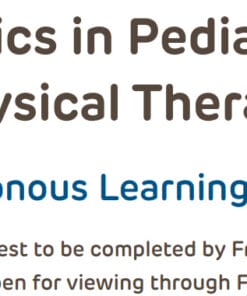 Children’s Hospital of Philadelphia Topics in Pediatric Physical Therapy 2024
Children’s Hospital of Philadelphia Topics in Pediatric Physical Therapy 2024 